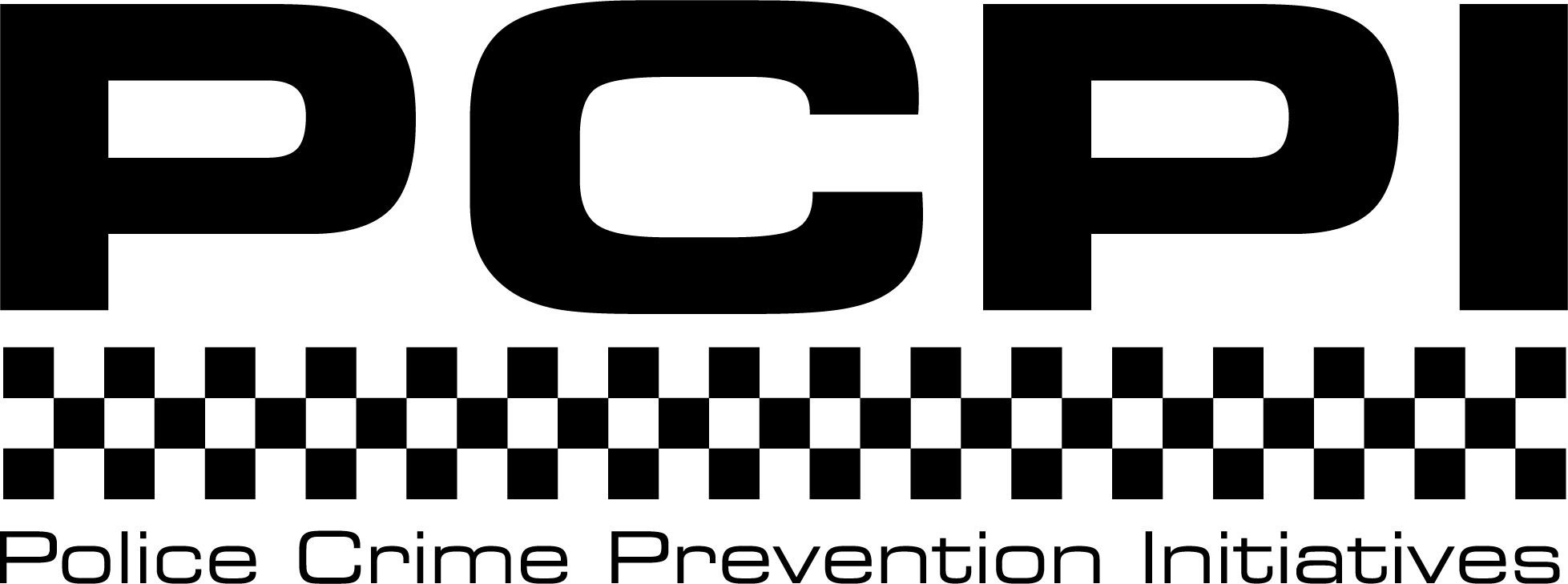Police CPI sign up to Women’s Night Safety Charter
Police Crime Prevention Initiatives (Police CPI), which works alongside the Police Service around the UK to deter and reduce crime, has signed up to the Women’s Night Safety Charter, which seeks to make the capital a safe place where women feel ‘confident and welcome’ at night.
The Women's Night Safety Charter is part of the Mayor’s Tackling Violence Against Women and Girls Strategy and is London’s commitment to the UN Women Safe Cities and Safe Public Spaces global initiative.
It sets out guidance for venues, operators, charities, councils and businesses to improve safety at night for women, including better training of staff, encouraging and reporting of harassment and ensuring public spaces are safe.
Launched in 2018, about 400 organisations have signed up so far to the Charter, which includes seven pledges that organisations that operate at night can sign-up to in order to help tackle violence against women and girls. These include:
- nominating a champion in your organisation to actively promote women’s safety at night;
- demonstrating to staff and customers that your organisation takes women’s safety at night seriously;
- designing your public spaces and work places to make them safer at night.

Police CPI has a track record of crime prevention and keeping people and property safe since 1989. However, due to the increasing support of the Home Office, Police Service and many other partner organisations, Police CPI has grown quickly over the last five years to manage nine crime prevention initiatives, including the Police Crime Prevention Training Academy (PCPA) and the Police Digital Security Centre (PDSC).
Its latest initiative, launched on 4 March 2021, is Licensing Security & Vulnerability Initiative (Licensing SAVI), which seeks to provide safer and more secure bars, pubs, clubs, restaurants and hotels for staff, managers, customers and local communities.
Developed at the request of the Home Office and supported by the National Police Chiefs’ Council, Licensing SAVI brings together for the first time all the advice, guidance and standards that licensed premises need to meet the requirements of Responsible Authorities in England and Wales and demonstrate compliance with the Licensing Act 2003 and promote the four Licensing Objectives, which are:
- Prevention of Public Nuisance;
- Prevention of Crime and Disorder;
- Protection of Children from Harm;
- Public Safety.
Licensing SAVI is available to licensees as an on-line self-assessment and provides definitive information on effective management practices and operational security. On completion of the self-assessment, venues will receive a Star Rating from 1-5 with five being the highest. Venues can go on to receive an Award to display at their premises.
Its launch coincides with the scheduled reopening of licensed premises outdoors from 14 April and inside premises from the 17 May, subject to the government COVID-19 performance requirements.
As such, Licensing SAVI is timely because it is well suited to be part of a venue’s business recovery package as licensees and managers are likely to need to recruit and train new staff; reskill existing staff, who may have been furloughed for many months; and revisit their business plans for what could be a significant demand from customers upon reopening.
Police CPI Chief Operating Officer, Jon Cole, said: “The Charter has attracted hundreds of signatories from businesses and organisations operating across London ranging from pubs and clubs to police and local authorities.
“As a police owned organisation whose primary role is crime prevention, we are proud to become a signatory of the Women’s Night Safety Charter. We will play an active part in supporting measures that make women safer and ensure that we promote awareness of the Charter encouraging businesses and organisations to pledge their support”.
Licensing SAVI’s Business Manager Mark Morgan, a former Police Superintendent, said: “We know from the Women’s Night Safety Charter toolkit that night-time venues, such as pubs, bars and clubs can attract a range of unacceptable behaviours. Licensing SAVI provides a practical way to train and develop staff around the critical issues of safety and security whilst raising awareness of types of vulnerability and how to mitigate them.”
Mark will also be taking a lead role within Police CPI to work with its staff to review and revise its policies for individuals to know how and where to raise concerns, especially aware of the need to make them work for female staff.
On the 18 March, the Mayor of London urged councils, businesses, venues and other organisations to support the Charter to help London achieve a safe and thriving night-time economy as licensed premises prepare to reopen after lockdown.
The dangers faced by women and girls have made national media headlines following the death of Sarah Everard, aged 33, who disappeared on Wednesday, 3 March whilst walking from a friend’s house to her home in Brixton. Her body was found a week later in Ashford, Kent. A man, aged 48, has been charged with kidnap and murder and is due to face trial in October.